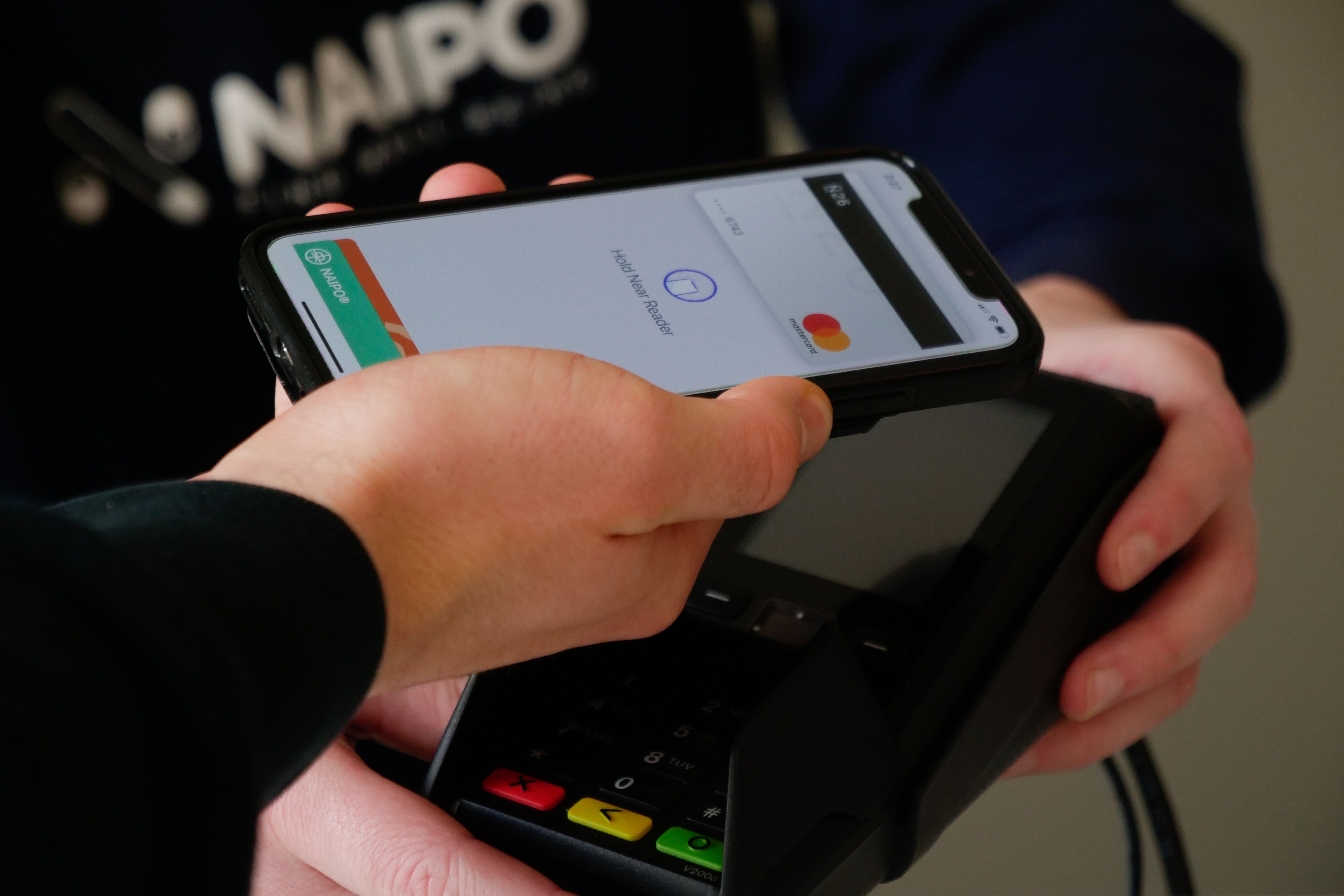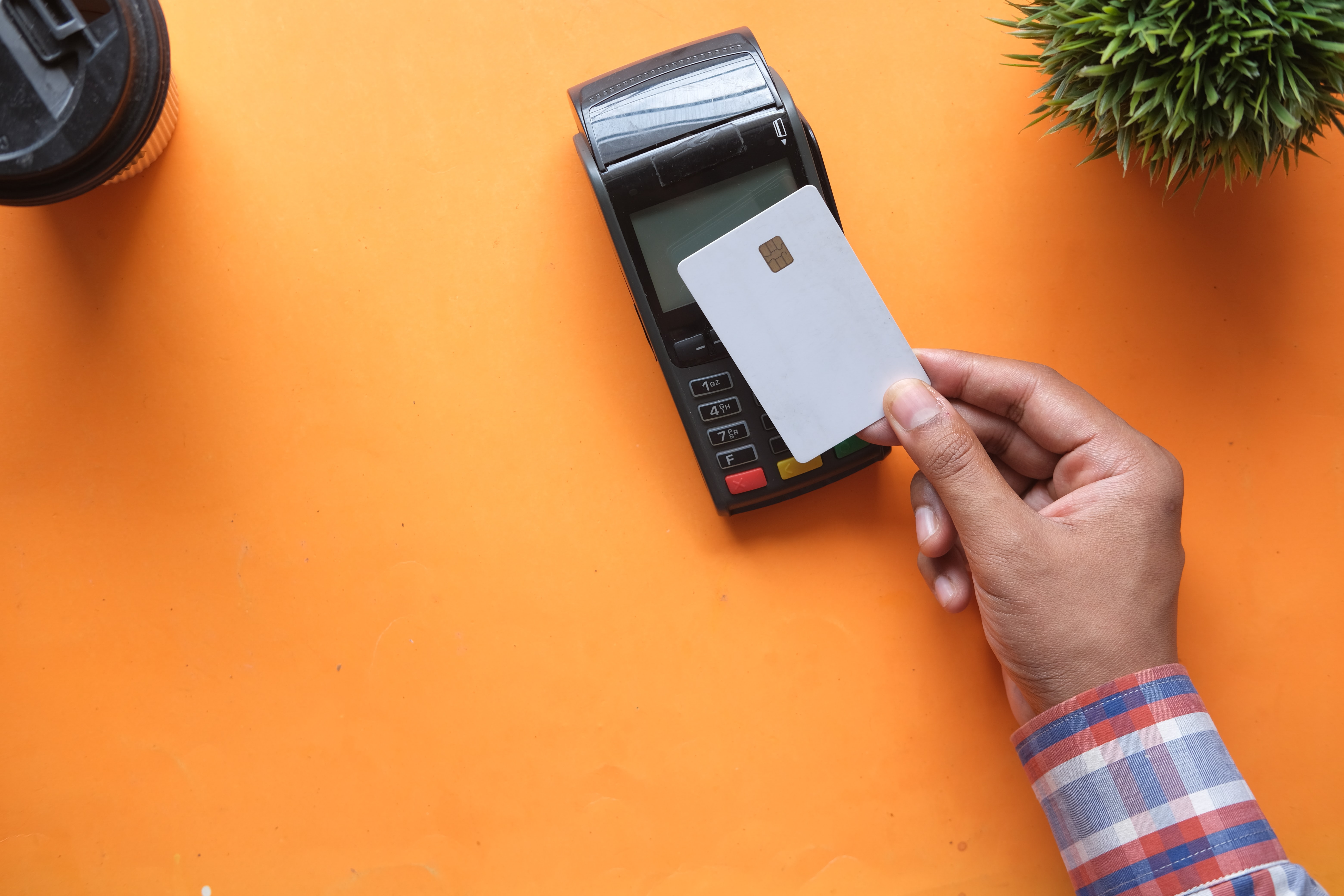Secure checkout solutions for small online sellers include all-in-one payment processors, platform payment services, and conventional gateways.
As retail businesses wrestle with all of the challenges and issues brought on by the COVID-19 outbreak, the border between the offline and online worlds is becoming increasingly blurred. The number of payment alternatives accessible is expanding; and with it, the topic of safe payment is gaining prominence.
The transition to more solid payment methods was undoubtedly underway in the post-pandemic. It’s time for retailers to improve the security of payments and transactions.
The following 5 best practices can help to keep your business and customers safe.
Make use of an all-in-one payment gateway
First and foremost, merchants must invest in high-quality payment processing solutions. In addition to cash, a payment processing system provides for other payment options. A payment gateway is what maintains the payments ecosystem running smoothly by allowing consumers and companies to make online payments.
All-in-one services combine a secure hosted checkout with a merchant account, allow you to accept online payments from consumers all around the world and handle foreign payments. Because of their simplicity, simple pricing, numerous services and selling possibilities, and, of course, security, they’re the most preferred alternative for small online retailers. Most all-in-one payment processors provide one-click connections with popular eCommerce systems, making setup a breeze for most.
Try and upgrade to the best retail software
Retail management software is a set of software solutions that help retailers manage, optimize, and streamline their in-store operations and workflows. Any technology that incorporates software where a retail transaction is performed is referred to as a retail POS system. Inventory management, sales reporting, and analytics are among the features. Many top retail software providers offer a point-of-sale system to centralize payment processing, automates stock monitoring and sales data, which makes for strong payment security.
As a modern and trusted example of a POS system, Magento’s retail software manages orders from one fully integrated system and adapts to suit your own business workflow. Consumer relationship management (CRM) capabilities provided by the software also assist merchants in nurturing customer connections.
In addition, the software you use to run your business publishes updates regularly, which you may download to keep your technology up to date. These upgrades have a wide range of effects, and failing to keep your technology up to date may make it more vulnerable to data breaches and other cyber attacks. As a result, when an update is published, make sure you install it as soon as possible.
Limit access and data storage
When it comes to security, data is a two-edged sword. On the one hand, the more data you have, the more insights you will have to make sound business decisions. However, the more data you have, the more you have to lose.

Limit the quantity of data you store if at all possible. Maybe you leave out some fields or save client data for a shorter length of time. Furthermore, it is critical to ensure that only those who require access to the data do so. Make use of tools and technology that support user accounts and permissions.
Enable multi-factor authentication
It’s always been about finding the proper balance between ease and security when it comes to fraud prevention, and this is especially true in retail. Another technique to make it more difficult for hackers and data thieves to access your customer and payment information is to use multi-factor authentication.
Customers must log in with more than simply a username/email and password under these multi-factor authentication settings. Customers are usually required to submit a verification code delivered to their email or phone number or to answer a security question.
Despite the fact that this adds an extra step to the buying process and potential friction, it is extensively employed. And, as customers become more aware of cyber risks, they are more willing to take extra security precautions like this.
Flag suspicious activity
Businesses that do not take steps to avoid payment fraud risk losing money due to chargebacks, false positives, and inefficiencies in their operations. Retail businesses will amass more information regarding security over time.
It can identify trends, such as whether there are any trends relating to chargebacks. How can you counteract these trends? Do you have a large number of orders with different credit cards coming from the same IP address? You might need to block that IP address. Did you get a particularly huge order? Contact the consumer to confirm or request an alternate payment method.
Conclusion
In the trust connection between your organization and your consumers, payment security is critical. Fortunately, secure payment processing technology is developing all the time and is exploding more in the post-pandemic.
Securely hosted checkouts are available from a variety of online store solutions, protecting both you and your customers. Secure checkout solutions for small online sellers include all-in-one payment processors, platform payment services, and conventional gateways.


Join the conversation!